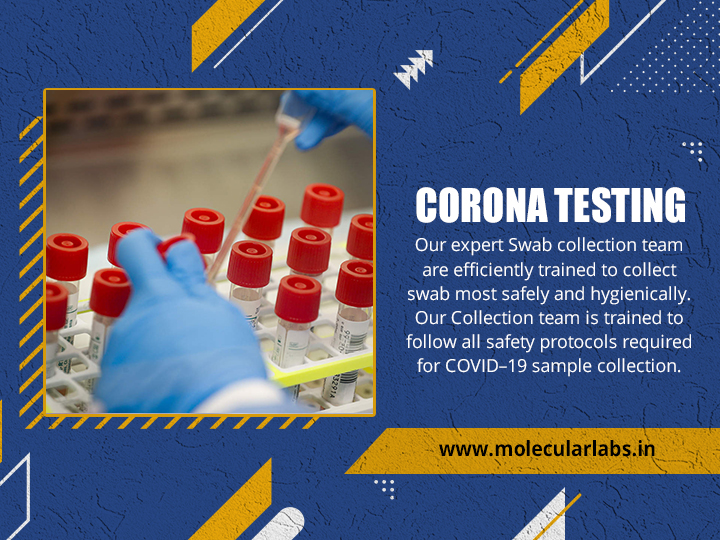What is covid19?
Coronavirus disease is a condition that causes respiratory symptoms and fever. The coronavirus can be transmitted through contact with infected saliva, mucus, fluid from the nose or throat, and sexual contact.
What are the types of COVID-19 tests?
There are several types of CORONA TESTING. If you have come into contact with a coronavirus, then there are antibody tests that can identify the presence of the virus in the blood.
COVID TESTING can identify the coronavirus in stool, blood, and sputum samples. These tests will let you know whether you have been exposed to a coronavirus or you have developed an illness as a result of this exposure.
Antibody detection tests:
These include virus neutralization and hemagglutination inhibition tests.
Stool, blood, or sputum test:
It includes PCR (polymerase chain reaction) assays.
What is a COVID-19 PCR test?
Coronaviruses includes many different diseases such as common cold, severe acute respiratory syndrome (SARS), and Middle East respiratory syndrome (MERS).
For this reason, doctors may use the term "coronavirus" when referring to coronavirus. RTPCR testing is a lab test that detects infection or inflammation by specific types of viruses or bacteria.
Coronavirus-19 PCR diagnoses the human diseases involving respiratory organs such as the larynx, trachea, and lung such as:
- Bacterial tracheitis
- Bronchiolitis
- Bronchopneumonia (lung inflammation)
The test works by detecting specific DNA or RNA of coronavirus. It is done using PCR (polymerase chain reaction).
PCR is a technique that scientists use to amplify specific DNA or RNA fragments identified via gel electrophoresis, which can tell if the fragment of interest was present.
The presence of the virus is then confirmed by showing the sequence on an agarose gel for positive identification.
What are the benefits of the RTPCR test?
- It helps identify and diagnose many viral diseases, including infectious cytomegalovirus, hepatitis B, and C.
- RT-PCR is useful for diagnosing infections like toxoplasmosis, cytomegalovirus, herpes simplex virus, etc.
- This test can differentiate between bacterial pneumonia and viral pneumonia based on the presence of bacterial pathogens such as Streptococcus pneumoniae or Mycoplasma pneumoniae in respiratory secretions.
- The process is quick, easy, and requires only a tiny quantity of tissue samples. It also allows sensitive detection of shallow levels of pathogens which are missed by other methods.
The coronavirus is one of the most dangerous diseases in the world nowadays. It's also tough to test for, leading to devastating outbreaks that spread quickly and affect thousands or millions of people.
If you're concerned about your lab's ability to identify all coronavirus strains promptly and accurately, it may be time to talk with us for COVID19 Testing Thane.
Our team has extensive knowledge on how best to protect populations from viral threats like this one-for both individuals and organizations alike.

Comments
Post a Comment